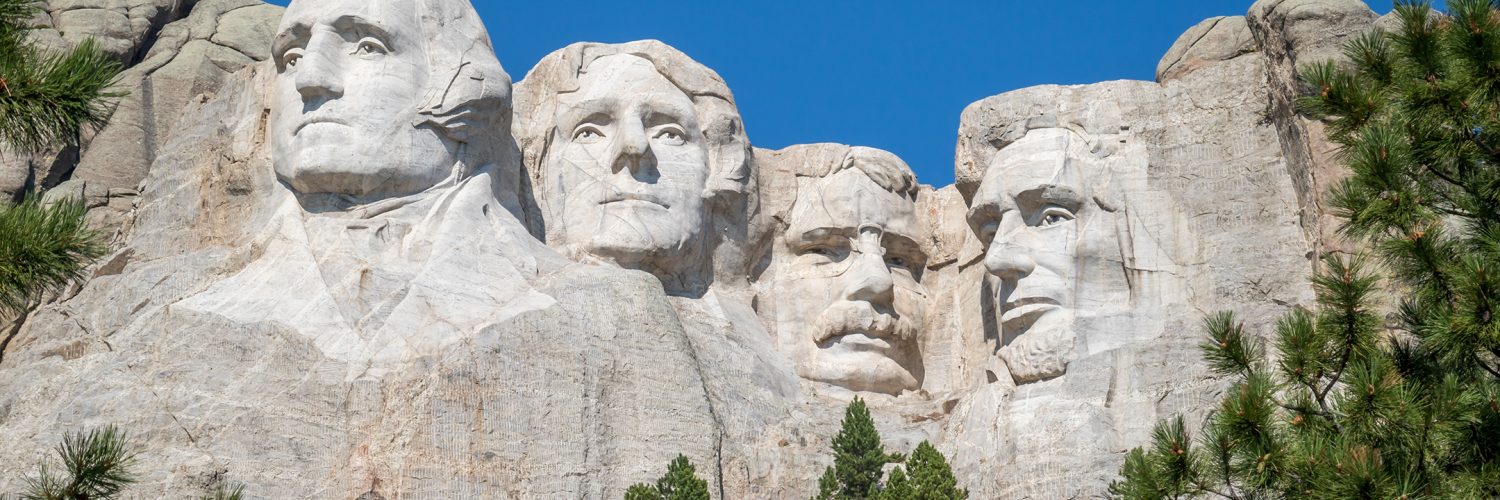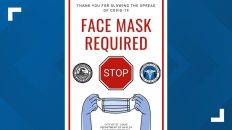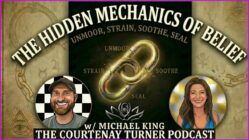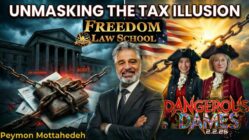I recently did a podcast with Dr. James Lindsay who spoke of his concerns regarding a growing far-right movement. It reminded me of when I heard Dr. Jordan Peterson expressed similar fears a few years prior. At the time it seemed a bit far fetched, and too insignificant to give much credence. While I had tremendous compassion for the perturbation that James so genuinely conveyed, I didn’t at the time see how increasingly prevalent and disturbing this movement is rapidly becoming. Last month I went to AFPAC, with high hopes and burning curiosity. I was incredibly disappointed and disturbed by what I experienced. Their core message appeared to me that “America First” was synonymous with “Christianity first”. This is fundamentally wrong and dangerous to the future of our nation.
I will preface by saying there’s a lot of good in what AFPAC is trying to do and some of the speakers were wonderful. My concern was regarding this notion of America First, being synonymous with Christianity first. Contrary to what many are purporting, we are not nor have we ever been a “Christian Nation”. Our founders came largely to flee religious persecution and to establish religious freedom. This is clearly delineated in the first amendment:
“Congress shall make no law respecting an establishment of religion, or prohibiting the free exercise thereof; or abridging the freedom of speech, or of the press; or the right of the people peaceably to assemble, and to petition the Government for a redress of grievances.”
I often hear people reference the first amendment regarding freedom of speech. While it certainly encompasses free speech, that in many ways is derived from freedom of consciousness, offered by the declaration of freedom of religion.
Our founders largely fled Great Britain and feared a theocracy after experiencing the power of the Church of England. John Adams himself said, “The government of the United States is not, in any sense, founded on the Christian religion.” Thomas Jefferson said,
“The day will come when the mystical generation of Jesus by the Supreme Being in the womb of a virgin, will be classed with the fable of the generation of Minerva in the brain of Jupiter. … But we may hope that the dawn of reason and freedom of thought in these United States will do away with all this artificial scaffolding….” Jefferson promoted tolerance above all and said earlier that his statute for religious freedom in Virginia was “meant to comprehend, within the mantle of its protection, the Jew and the Gentile, the Christian and the Mohammeden, the Hindoo and Infidel of every denomination.” He specifically wished to avoid the dominance of a single religion.
The founders of the United States believed that Judeo-Christian principles were the guiding moral code for which such an experiment of self governance would be most fruitful. John Adams asserts in the federalist papers that, “Our Constitution was made only for a moral and religious people. It is wholly inadequate to the government of any other.” John Adams also proclaimed, “Suppose a nation in some distant region should take the Bible for their only law book, and every member should regulate his conduct by the precepts there exhibited! Every member would be obliged in conscience, to temperance, frugality, and industry; to justice, kindness, and charity towards his fellow men; and to piety, love, and reverence toward Almighty God … What a Eutopia, what a Paradise would this region be.” George Washington states, “It is impossible to rightly govern the world without God and the Bible”, in the federalists papers. Later in his farewell address he says, “Of all the dispositions and habits which lead to political prosperity, religion and morality are indispensable supports…. And let us with caution indulge the supposition that morality can be maintained without religion … Reason and experience both forbid us to expect that national morality can prevail to the exclusion of religious principle.”
Though the core values and guiding principles of Judeo-Christian tenets were of great importance to them, they wanted governance by the people devoid of religious dominance. This is elucidated in the distinction between their references to the divine in the Declaration of Independence vs The Constitution which lacks any divine citations.
The Declaration of Independence states, “We, therefore, the representatives of the United States of America, in General Congress assembled, appealing to the Supreme Judge of the world for the rectitude of our intentions, do, in the name, and by authority of the good people of these colonies, solemnly publish and declare that these United Colonies are, and of right ought to be, free and independent states; .. And for the support of this declaration, with a firm reliance on the protection of divine Providence, we mutually pledge to each other our lives, our fortunes, and our sacred honor.”
It’s a false premise to state that our founders were all Christians. Many of them were Deists. It’s worth noting that the term may have had different usage than it does today. Some were Christians influenced by Deism and some were straight Deists. Thomas Paine and Thomas Jefferson dropped their Christian faith and became Deists. John Jay and Patrick Henry were Christians who believed in miracles, the trinity, and the divinity of Jesus Christ. George Washington, John Adams, and Benjamin Franklin were Christians influenced by Deism. They rejected all the supernatural trappings of religion and the divinity of Jesus, but still retained some Christian practices.
It’s ignorant, and blatantly wrong to think we are or were intended to be a Christian nation. It is also not “Christian” to be scornful, exclusionary or disdainful of Americans who don’t share your beliefs! Certainly they can pray for and educate those outside the faith, but to insist that America should be Christian nation, is advocating for a theocracy, which is in no way aligned with American principles.









It’s true that most of the founders were not orthodox Christians. It’s also true that most of the colonial and state governments were specifically confessional Christian governments.
America is paganizing. This is beyond question, and we are now a people without a Christian moral framework that Washington and Adams said was necessary.
The question is: What now? The distinction between a theocracy and a self-government informed by Christian principles is irrelevant, as we have neither. We can either fight back, splinter off, or be overcome. The time to quibble about the difference between a confessional Catholic state or a Southern Baptist state was either long ago or is in the future. For now, we must fight to survive.
Bam! You nailed it here, simply and beautifully! Well done! Thank you!
The Federalist Papers is a series of 85 essays written by James Madison, Alexander Hamilton, and John Jay in 1787 and 1788 in support of the ratification of the new Constitution. The article gives quotations from John Adams and George Washington and states that they were from the federalist papers. The quotations may be correct (although no proper source is cited), but neither of these writers contributed to the Federalist Papers, so those attributions are incorrect.